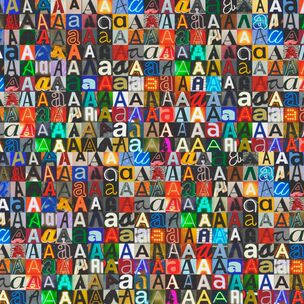Key figures of 2024 and annual reports
On this page, we present key figures of 2024 and the Annual Board Report and Financial Statements.
The Review for donors is a glimpse into the university’s fundraising efforts, but it is also a heartfelt thank you to our donors who support our work with their valuable contributions.
Thank you to all our donors!
Whether your donation was five euros or fifty million euros, your contribution makes a difference. Donations are a tangible expression of our community’s commitment to research-based decision-making, bold entrepreneurship, creative thinking, and innovation that reaches across boundaries.
Our growing donor community also serves as an inspiration to our students: donor stories and plaques on campus serve as a reminder that the Aalto community extends beyond one class year — standing behind them and believing in their potential.

On this page, we present key figures of 2024 and the Annual Board Report and Financial Statements.
Aalto University's public core funding from the Ministry of Education and Culture has decreased in real terms by more than one-third compared to 2010, when the university began its operations. As a society, we cannot afford to cut back on education and research.
To ensure groundbreaking research and bold, persistent innovators in the future, we must invest in both long-term fundamental research and targeted innovation efforts. Donate and you’ll invest in a future you can be proud of.

Donate to safeguard a thriving society and help solve global challenges.